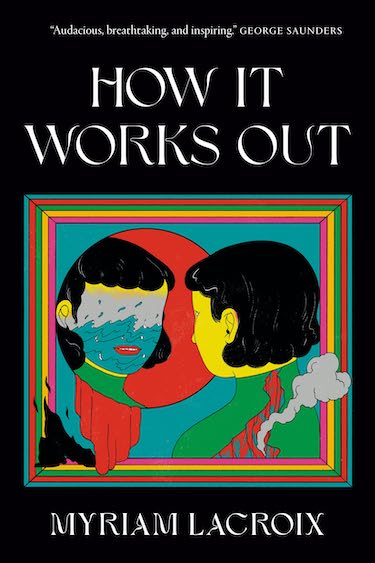Soon after When Everything Feels Like the Movies by Raziel Reid (Arsenal Pulp Press) was awarded a 2014 Governor General’s Literary Award for Children’s Literature, a petition began to circulate calling for the award to be revoked on the grounds that Reid’s novel was “not good literature for teens.” Then the National Post published Barbara Kay’s review of the novel, titled “Wasted tax dollars on a values-void novel,” in which Kay paints the novel as an anti-Christian fuck-fest and the main character, Jude, as a vapid and thoughtless teenager. Clearly Kay is (mis)guided by the notion that literature is to be judged for its moral value, rather than for its artistic merits. I read her blatantly homophobic review before I read When Everything Feels Like the Movies, so I kind of expected Jude to be a cartoonish, over-the-top sexual villain. But he isn’t. To focus on his vulgarity and narcissism is to miss the point completely. He’s just a gay middle-schooler who thinks about losing his virginity, rolling on molly, playing Nintendo and making out; he hates parties, he’s sick of winter and he only goes to church to make his grandmother happy. He’s proud and unapologetic; he refers to his bullies as his paparazzi, not because he has a big ego, but because he wants to escape incessant abuse and abject poverty. Jude is the bravest young adult protagonist I’ve ever read: his classmates call him “it” instead of “he” or “she” because he wears make-up and women’s clothes, to which he says, “People meant it to be insulting, but I found it empowering. I always thought they were referring to the Stephen King novel because of my ability to shape-shift into their greatest fear.” When Everything Feels Like the Movies refuses to conform to the gender and sexuality norms of the YA genre (a genre inundated with straight, cisgender, upper-middle-class teens whose sexual fantasies end at second base), and it’s honest and beautifully written. I wish I had read any stories like this one when I was in Jude’s position: an angry, foul-mouthed queer teen growing up in a small town. Those who morally oppose the novel have probably never been in Jude’s situation, and are just members of the ignorant paparazzi that Jude is always trying to escape.




.jpg)



